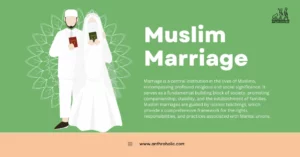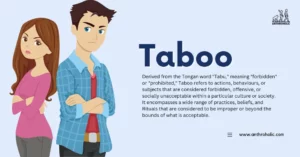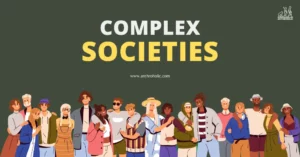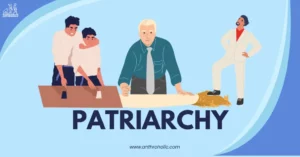AI Answer Evaluation Platform Live Now. Try Free Answer Evaluation Now

Muslim Marriage
Muslim marriages are guided by Islamic teachings, which provide a comprehensive framework for the rights, responsibilities, and practices associated with Marital unions.



